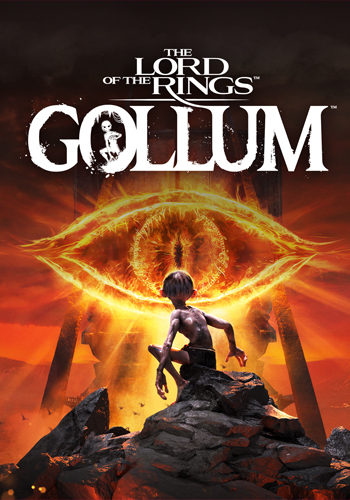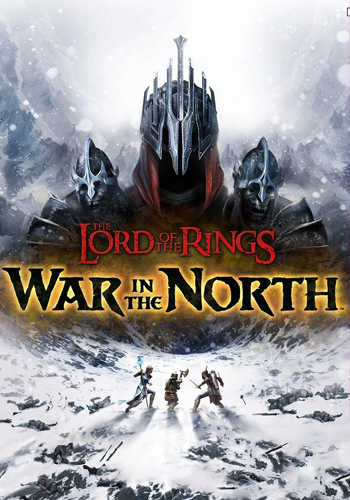The Lord of the Rings: Gollum

-
Information
-
Original Soundtrack
Not all those who wander are lost
So let's move on to The Lord of the Rings: Gollum, a game that promised little in its initial trailers and then spectacularly underdelivered on even those promises upon release: buggy, outdated, and unremarkable. This assessment isn't from me but emerges from various reviews in reputable gaming magazines, which was decisive in my decision to steer clear from it.
"But dear MaybeMattis team (Mattis), if you haven't played it, how can you find anything positive to say about it?" To that, I'd like to express my admiration, dear questioner, that you've made it to this review and haven't answered this mystery for yourself yet. Of course, through the score, you numbskull! Because as we all know, a wreck is a place where treasures rest (Willst du ("Do You Wanna") – Alligatoah).
The soundtrack comprises a solid 17 tracks, which is the standard length for today's OSTs, and was composed by Jun Broome, who's IMDB entry I'll briefly quote from:
Jun Broome is known for The Lord of the Rings: Gollum (2023).
Entry about Jun Broome on IMDB
That's enlightening. After the disastrous game release, unsurprisingly, the score garnered little interest. It's currently only available on Steam
Though honestly, it's not much of a loss, despite it not exhibiting the flaws of the game as such. For a debut work, Broome shows reasonable competence in setting the mood for the stealth simulation. Similar to the cinematic original, the score relies on typical fantasy orchestration, with strings like violins and the cello taking the lead. Accompanying these instruments are flutes, which support the thriller-like atmosphere in pieces like Mirkwood Theme or Below the Fortress.
Overall, the score feels like an imitation of Olivier Derivière's work on Vampyr or the A Plague Tale-series (Gollum Theme and Running with the Beats), mainly due to the integration of minor tones throughout. However, these associations may arise for me solely due to the choice of instruments – who knows? The idea itself is spot-on for acoustically portraying the tragic protagonist Gollum. The dissonances in tracks like Shelob work well but never reach the level of comparable composers like Garry Schyman in BioShock.
Most aptly, the creation for The Lord of the Rings: Gollum can be compared to OSTs of indie titles like Alice: Madness Returns or Valley (Escape from Barad-dur), where one occasionally sees a trace of 'more,' of 'better' shining through. That slight emotional touch in Slave Pits of Barad-dur or the melancholic, Telltale-esque Decision at the Ruins ... it doesn't take much for those to actually become catchy. Unfortunately, Broome never quite reaches 100%. With a final rating of three stars, the score may not warrant a recommendation but is still significantly above its gaming roots and shouldn't be scoffed at.
-
Original Soundtrack



